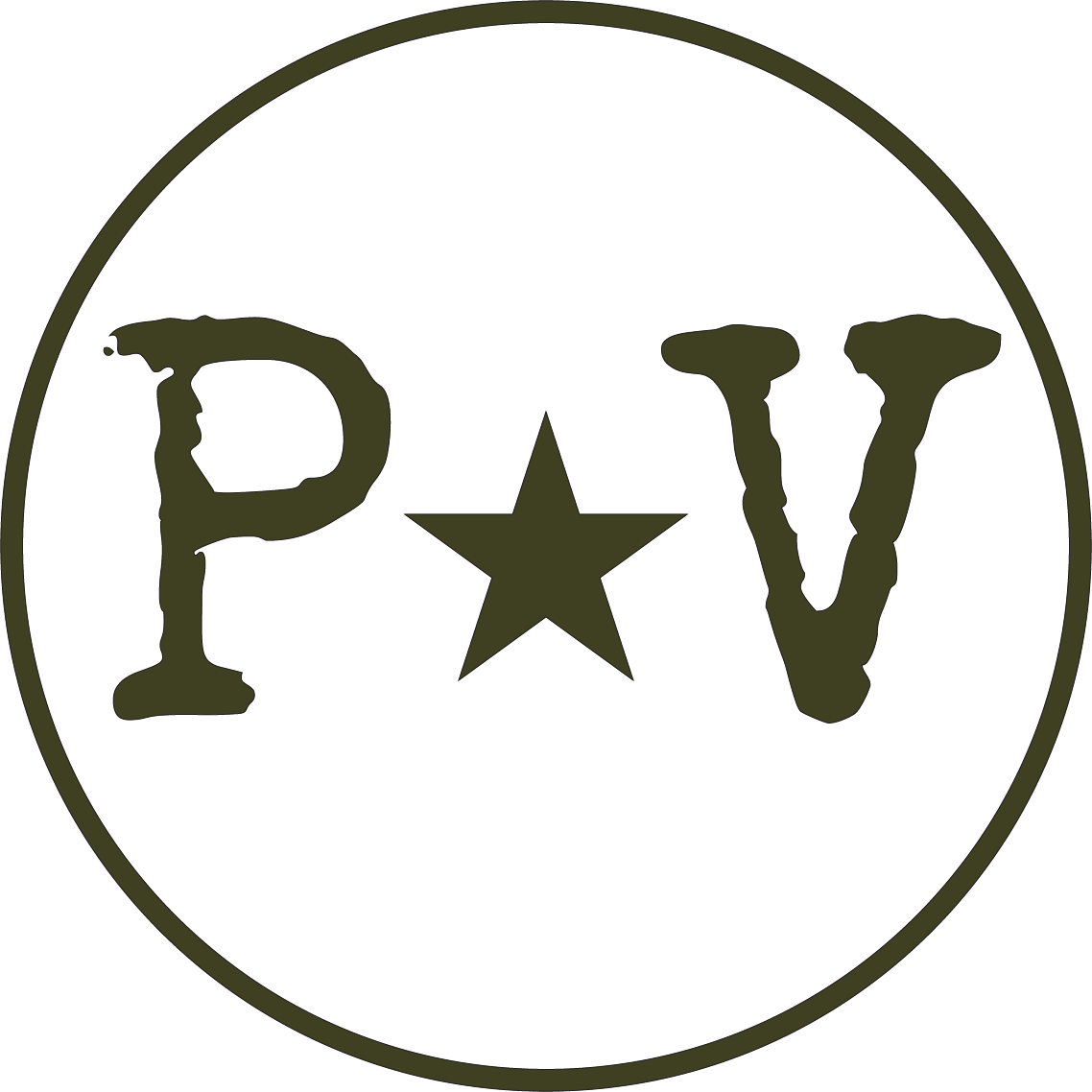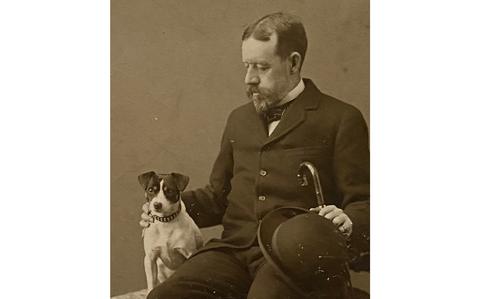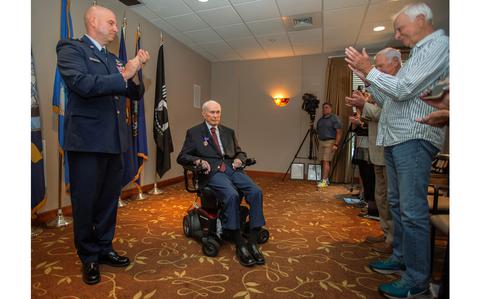As a U.S. military veteran, you’ve already proven your dedication, discipline, and adaptability through your service. Now, it’s time to leverage those valuable skills in the civilian workforce. Transitioning to a civilian career can be both exciting and challenging, but with the right information and strategy, you can find a fulfilling and rewarding path. In this guide, we’ll explore the top careers for veterans and how your military experience can give you a competitive edge.
Why Veterans Excel in Civilian Careers
Before we delve into specific career options, let’s understand why veterans often make exceptional hires in the civilian job market. Veterans bring a unique set of qualities and experiences that employers highly value:
Leadership: Military service instills leadership skills from day one. Veterans are accustomed to making critical decisions under pressure, leading teams, and taking responsibility for their actions.
Adaptability: The ability to adapt to rapidly changing situations is a hallmark of military service. This adaptability serves veterans well in the dynamic civilian workforce.
Work Ethic: Veterans are known for their strong work ethic, commitment to excellence, and dedication to getting the job done.
Problem Solving: Military training emphasizes problem-solving skills, which are transferable to various civilian roles.
Teamwork: Collaboration and teamwork are essential in the military, and veterans excel at working with diverse groups of people to achieve common goals.
Top Careers for Veterans
Now that we’ve highlighted the qualities veterans bring to the table let’s explore the top career options that align with these strengths:
1. Information Technology (IT)
The IT field offers numerous opportunities for veterans, particularly those with technical skills gained during their military service. Roles like network administrator, cybersecurity specialist, and systems analyst are in high demand. Certifications such as CompTIA Security+ or Cisco CCNA can enhance your IT career prospects.
2. Healthcare
Healthcare is a growing industry with a constant need for skilled professionals. Veterans with medical training can seamlessly transition into roles like registered nurses, medical technicians, or paramedics. Many healthcare organizations also value the discipline and composure veterans bring to high-pressure medical situations.
3. Law Enforcement and Security
Veterans often find success in law enforcement careers. Police departments, federal agencies, and private security firms appreciate the discipline, physical fitness, and crisis management skills veterans possess. Transitioning veterans can explore roles such as police officer, federal agent, or security manager.
4. Project Management
Military personnel often gain extensive project management experience during their service. This skill translates well into civilian project management roles. Pursuing Project Management Professional (PMP) certification can boost your credentials and open doors to careers in fields like construction, engineering, or technology.
5. Skilled Trades
Skilled trades such as electricians, plumbers, welders, and HVAC technicians are in high demand. Veterans with mechanical or technical backgrounds can find rewarding careers in these fields. Apprenticeship programs and trade school certifications can facilitate your entry into the skilled trades.
6. Logistics and Supply Chain Management
The military relies heavily on logistics, making veterans well-suited for careers in supply chain management, logistics coordination, and procurement. These roles ensure the efficient movement of goods and materials, which is crucial in various industries, including manufacturing and retail.
7. Education
Veterans often excel as educators due to their leadership, communication, and mentoring skills. Consider becoming a teacher, trainer, or educational consultant. Many institutions offer programs to help veterans become certified educators.
How to Get Started in Your New Career
Transitioning to a new career can be both exciting and challenging. Here’s a step-by-step guide to help you navigate the path towards your chosen career as a veteran:
Self-Assessment
Before making any career decisions, take some time for self-assessment. Reflect on your interests, strengths, and the skills you acquired during your military service. Consider what motivates you and what kind of work environment suits you best.
Research
Thoroughly research the career field you’re interested in. Understand the job market, industry trends, and the qualifications required. This will help you set realistic expectations and goals.
Education and Training
Determine whether you need additional education or training to qualify for your chosen career. Many veterans use their GI Bill benefits to pursue higher education or vocational training. Look for programs and institutions that are veteran-friendly and offer flexible schedules.
Networking
Networking is crucial in any career transition. Attend job fairs, industry events, and veteran-specific networking groups. Connect with fellow veterans who have successfully transitioned into your desired field. Their insights and advice can be invaluable.
Resume Building
Tailor your resume to highlight the skills and experiences that are relevant to your new career. Emphasize your leadership, teamwork, problem-solving, and adaptability skills gained during military service. Consider seeking professional resume-writing services if needed.
Certifications
Invest in certifications that are recognized in your chosen field. These can set you apart from other candidates and demonstrate your commitment to your new career.
Internships and Apprenticeships
Consider taking on internships or apprenticeships, especially if you’re changing to a field where you have limited experience. These opportunities can provide hands-on experience, build your resume, and lead to full-time positions.
Job Search
Use job search platforms, both general and industry-specific, to find open positions. Leverage your network to explore hidden job opportunities. Apply for positions that align with your qualifications and career goals.
Interview Preparation
Prepare for interviews by researching common interview questions in your industry. Practice your responses and emphasize how your military experience has prepared you for success in your new career.
Be Patient and Persistent
The transition to a new career may take time. Be patient with yourself and stay persistent in your job search. Rejections are a part of the process, but they should not deter you from pursuing your goals.
Seek Guidance
Don’t hesitate to seek guidance from career counselors, mentors, or organizations that specialize in helping veterans transition to civilian careers. They can provide valuable insights and support throughout your journey.
Remember, transitioning to a new career is a significant life change, and it’s normal to face challenges along the way. Stay adaptable, maintain a positive attitude, and leverage the skills and qualities that make veterans exceptional candidates. Your determination and resilience will ultimately lead you to success in your chosen civilian career.
Conclusion: A Bright Future Awaits
In this comprehensive guide, we’ve explored the top careers for veterans and provided a roadmap for successfully transitioning from military service to a fulfilling civilian career. As a U.S. military veteran, you bring a wealth of skills, qualities, and experiences that are highly valued in the civilian workforce.
Whether you’re considering a career in information technology, healthcare, law enforcement, project management, skilled trades, logistics, or education, your journey begins with self-assessment and thorough research. Understand the industry, educational requirements, and certifications needed. Network with fellow veterans and professionals, and tailor your resume to showcase your military-acquired skills.
The path to a new career may involve further education, internships, or apprenticeships, but remember that perseverance and patience are your allies. Embrace rejection as part of the process, and keep your eyes on the goal.
Throughout this transition, you have the support of a community of veterans who have successfully walked the same path. Seek guidance, stay adaptable, and leverage your unwavering work ethic, adaptability, leadership, and teamwork skills to excel in your chosen field.
As you embark on this new chapter, remember that your military service has prepared you for success in civilian life. Your dedication, discipline, and commitment to excellence will not only benefit you but also contribute to your future employer’s success. Your next career is not just a job; it’s an opportunity to continue making a positive impact in the world.
With determination and the right strategy, you can unlock a world of opportunities and build a rewarding civilian career that aligns with your passions and strengths. Your future is bright, and the civilian workforce is ready to welcome your invaluable contributions.
Thank you for your service, and best of luck on your journey to a fulfilling civilian career.
Additional Resources
- Hire Heroes USA
- Website: Hire Heroes USA
- Description: Hire Heroes USA provides free career coaching and job placement assistance to transitioning military members, veterans, and their spouses. Their services include resume building, interview preparation, and job matching.
- American Corporate Partners (ACP)
- Website: American Corporate Partners
- Description: ACP connects veterans with experienced mentors from leading corporations who provide guidance and support during the transition to civilian careers. They offer a structured mentoring program and various resources for veterans.
- GI Bill Website (U.S. Department of Veterans Affairs)
- Website: GI Bill
- Description: The GI Bill website provides information about education benefits available to veterans, including the Post-9/11 GI Bill. It offers details on how to use your benefits for education and training, which can be crucial during a career transition.
- Military Skills Translator (Military.com)
- Website: Military Skills Translator
- Description: This tool helps veterans translate their military skills and experiences into civilian job descriptions. It can be a valuable resource for understanding how your military skills align with civilian job requirements.




